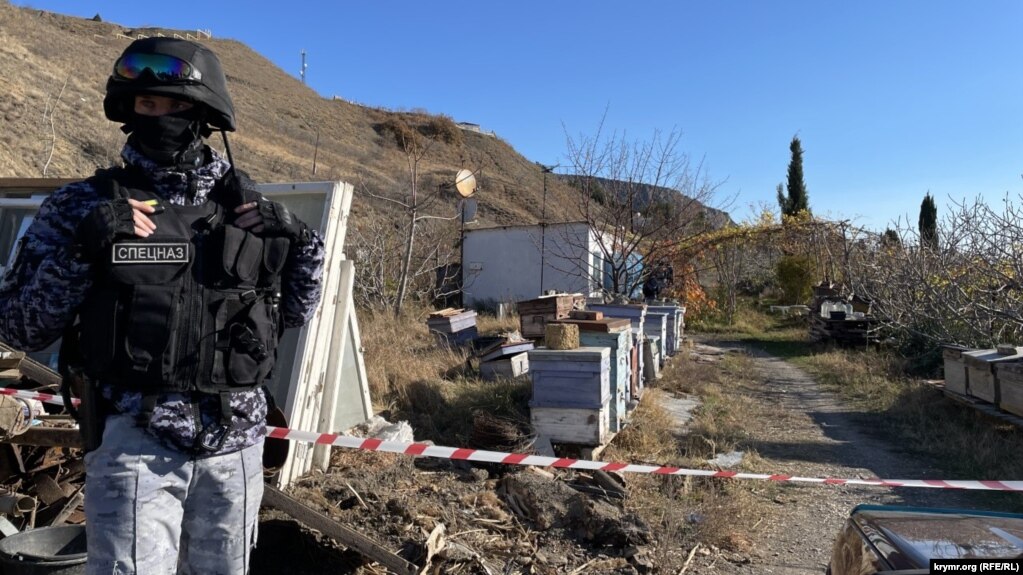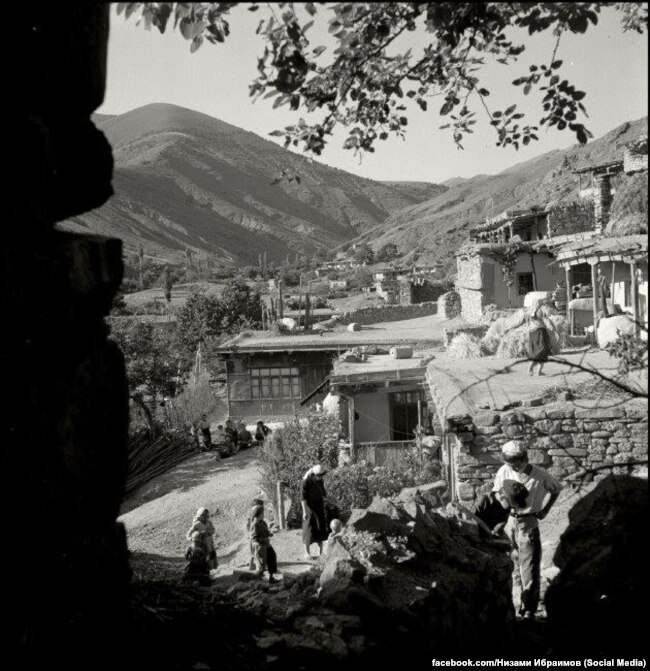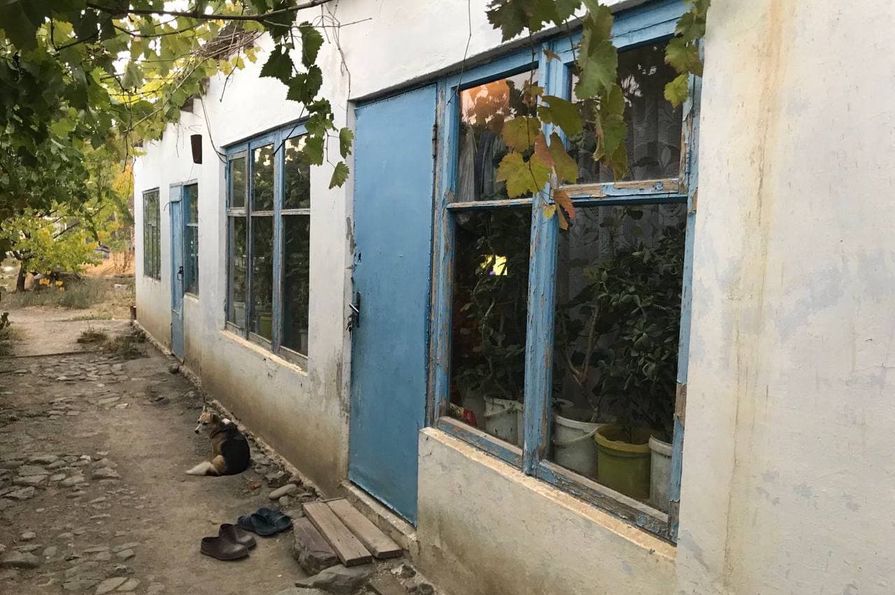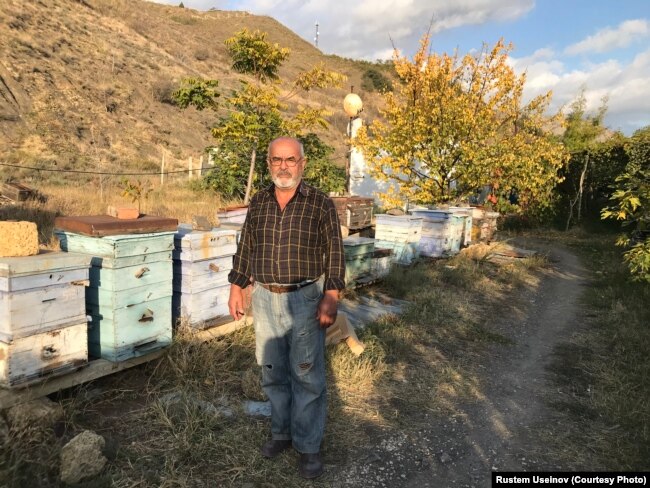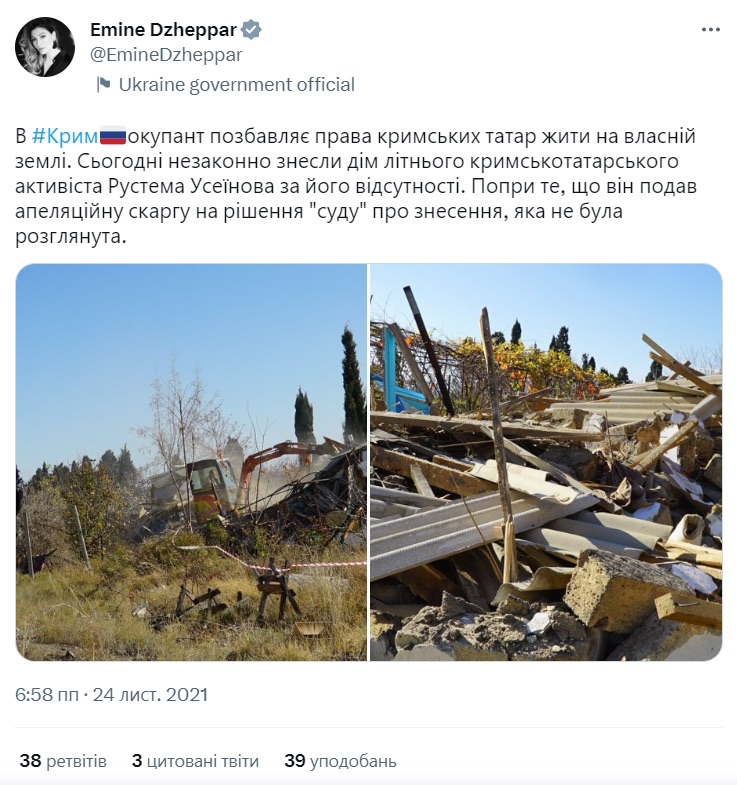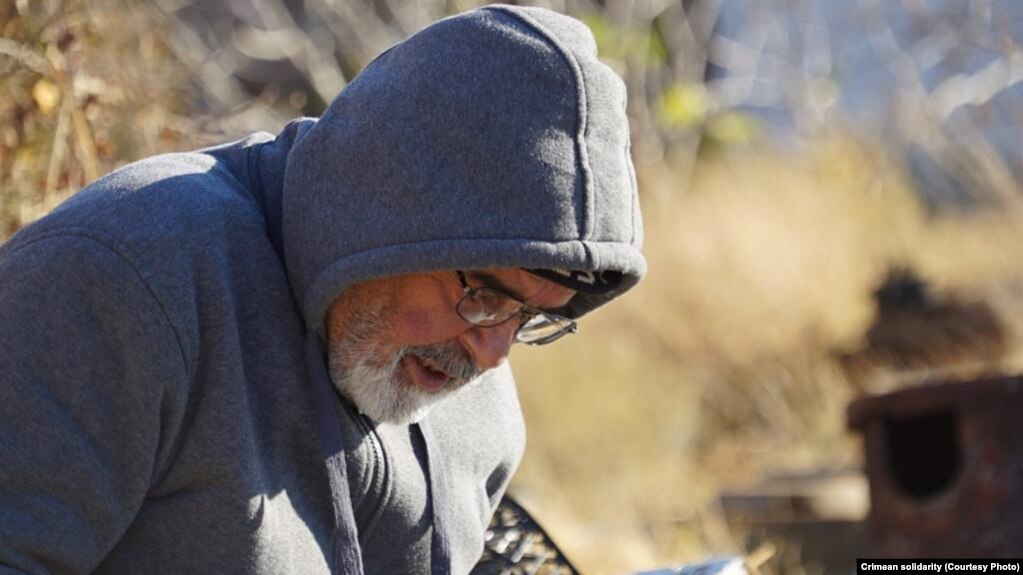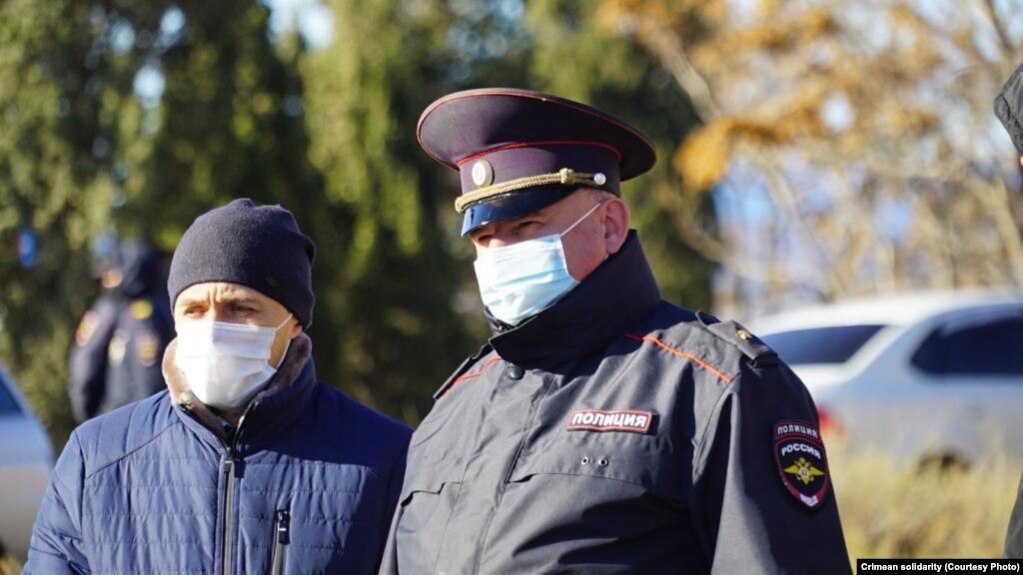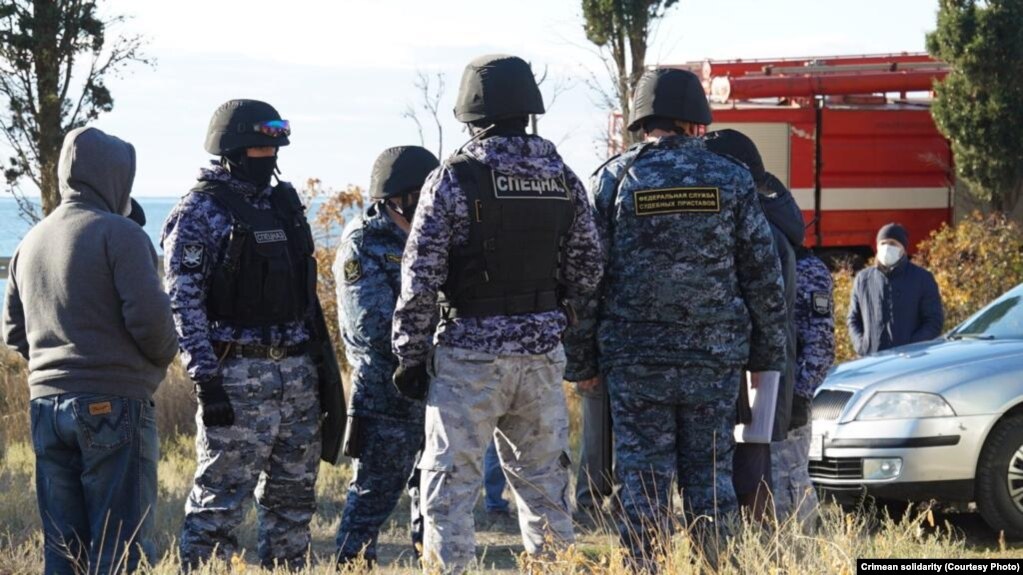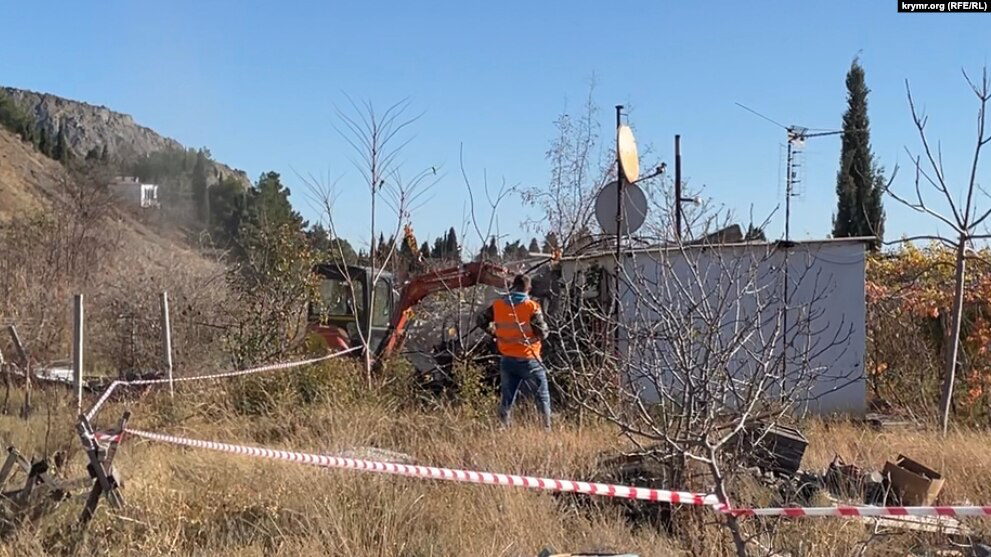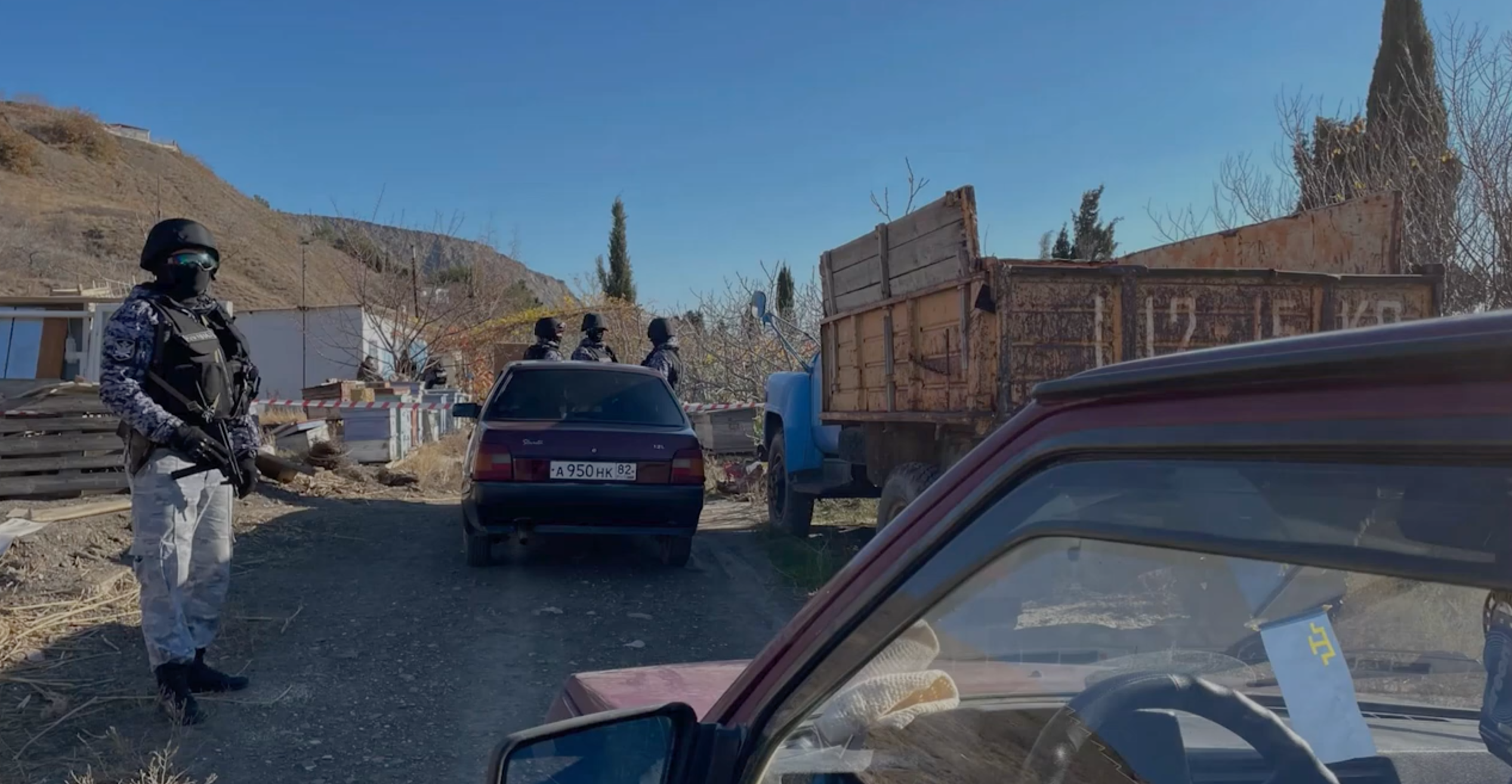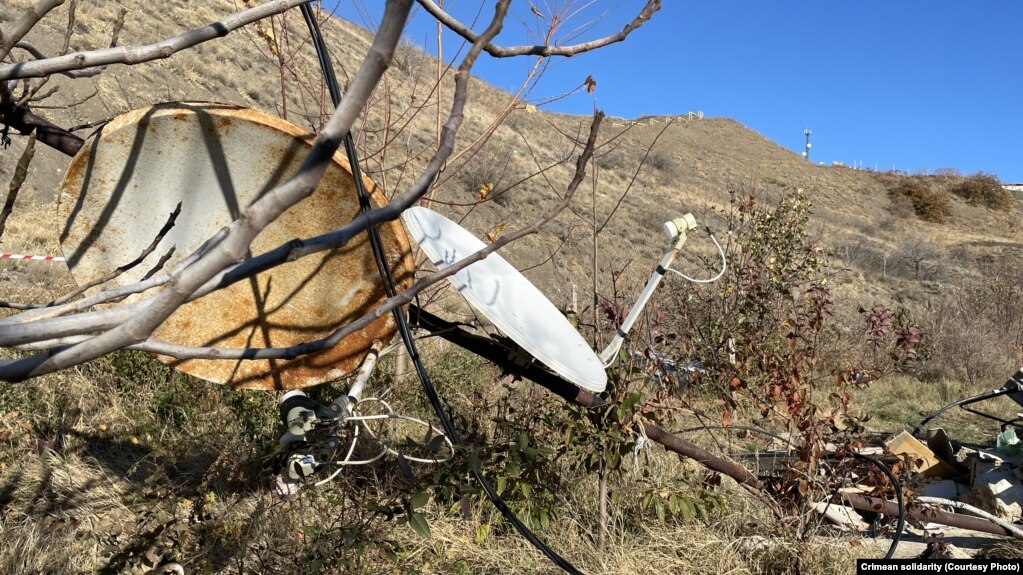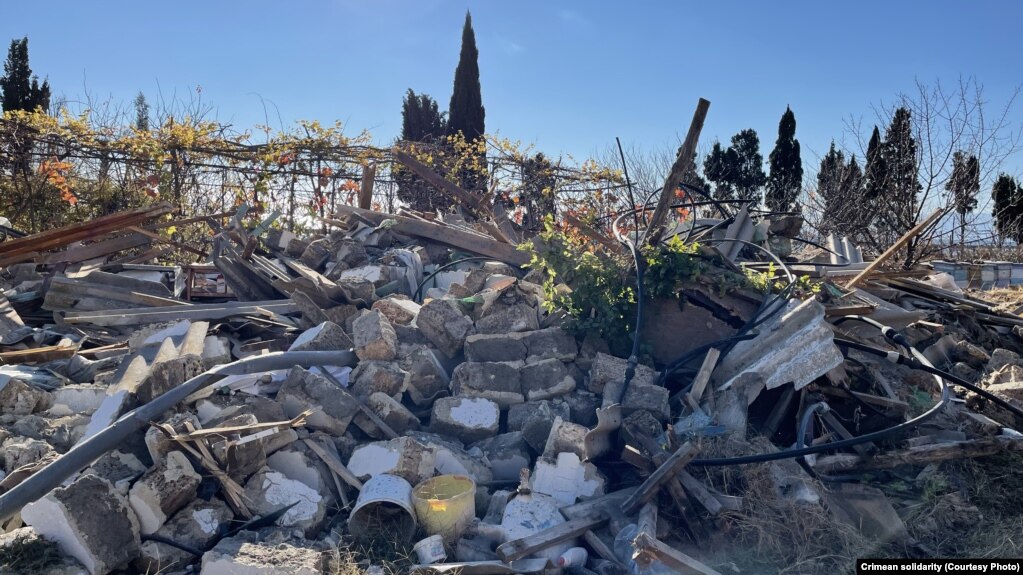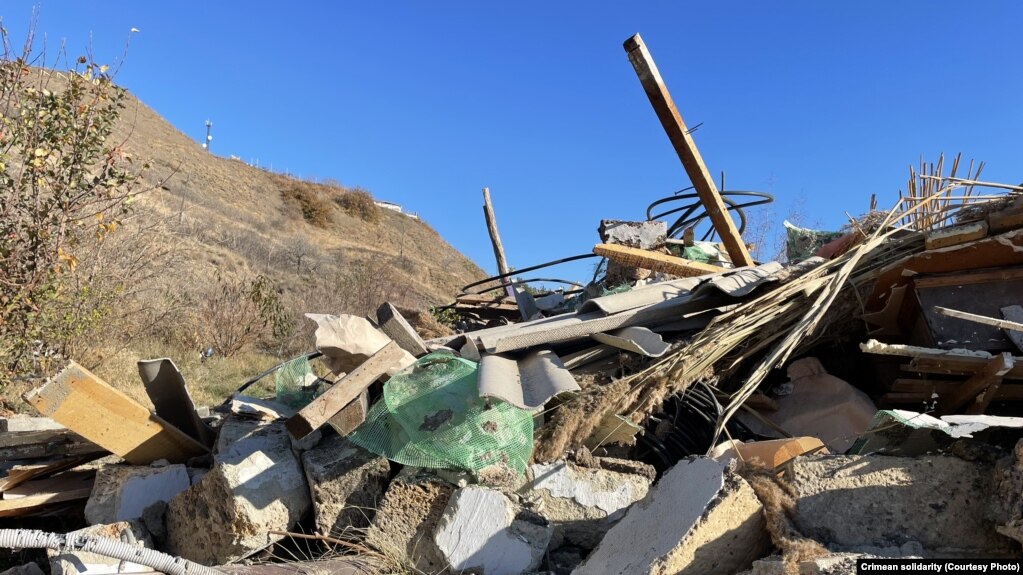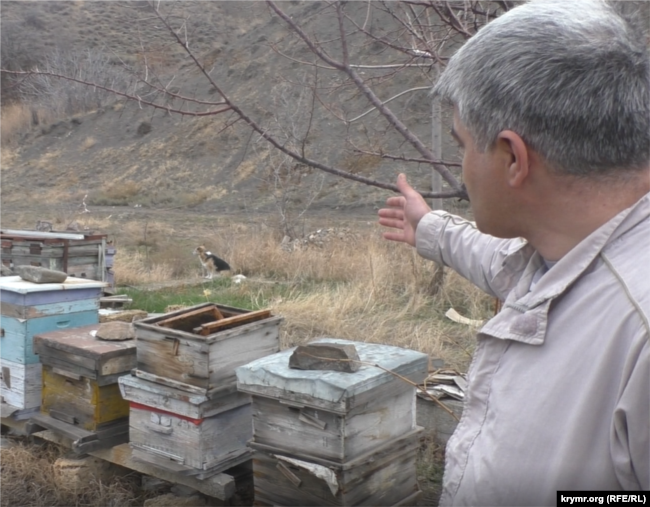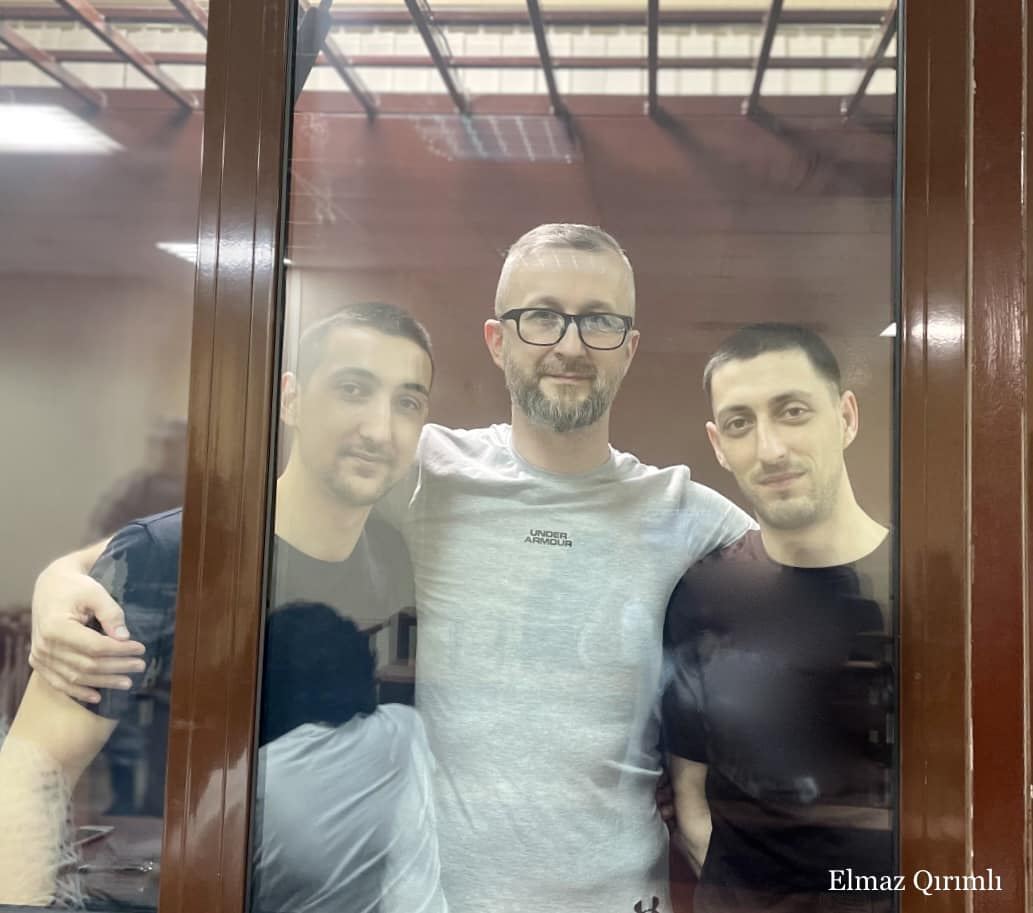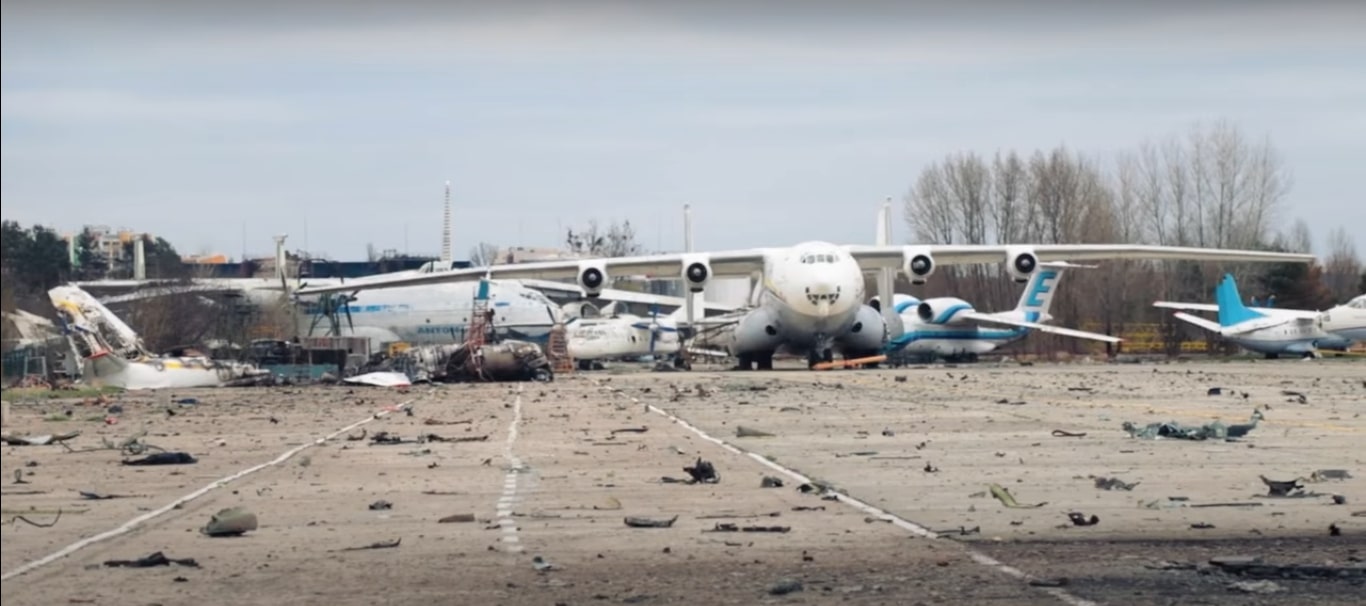Rustem Useinov was ordered to pay for the demolition of the house himself. The amount was more than 42 thousand rubles (about 570 dollars). This money was deducted from his pension payments. The man was supported by activists who raised an even larger amount. They also provided temporary shelter to Rustem. He had spent the winter at his friends’, but already in the spring, as soon as he felt better, he returned to the land where his house used to be located. He still lives there, in a tent, with almost no belongings.
Useinov does not plan to dispute the demolition of the building. In his opinion, this would mean the recognition of Russian power in Crimea.
Rustem Useinov is not the only one who was deprived of property in Crimea by the occupation authorities. Numerous evidences were collected that attest to the systematic nature of this policy of the Russian occupation authorities. For this purpose, the so-called «Crimean authorities» use various methods, including the direct destruction of such property, due to the alleged illegality of its construction. According to the data of the NGO RCHR, as of June 2021, 3,984 people had been identified as victims of the seizure and destruction of real estate by the occupation authorities. Violations of property rights and confiscation of real estate in Crimea were harshly condemned by the international community. In particular, the violations were mentioned in the resolutions of the UN General Assembly, the Parliamentary Assembly of the Council of Europe, the Organization for Security and Cooperation in Europe, and the European Parliament.
On March 20, 2020, the President of the Russian Federation adopted Decree No. 201 «On Amendments to the List of Border Territories Where Foreign Citizens, Stateless Persons, and Foreign Legal Entities Cannot Own Land Plots», according to which almost the entire territory of the peninsula is illegally classified as the so-called «border territory of the Russian Federation», where the citizens of Ukraine are prohibited from owning land plots. This significantly worsened the situation with the protection of property rights in the temporarily occupied peninsula.
With the start of a full-scale invasion in 2022, violations of property rights in the temporarily occupied territories became widespread. Such violations, in particular, were recorded in the reports of the OSCE Moscow Mechanism and the Interim Report of the Office for Democratic Institutions and Human Rights (ODIHR) of the OSCE. In the occupied territories of the Luhansk region, the Russians form «registries of maneuverable housing inventory», which include apartments without the documentation that confirms ownership. In the occupied territories of the Kherson and Zaporizhzhia regions, Russian soldiers settle in apartments and houses that were left by the owners.
Such actions of the Russian occupation authorities could be qualified as war crimes.
 Ukraine, 98033, Autonomous Republic of Crimea, Sudak City Council, village of Morske
Ukraine, 98033, Autonomous Republic of Crimea, Sudak City Council, village of Morske
 2021-11-24
2021-11-24
